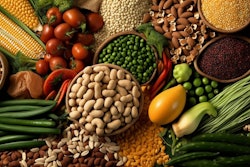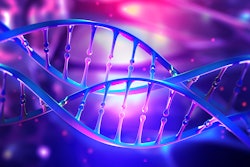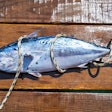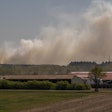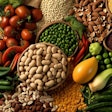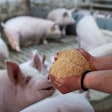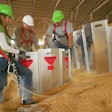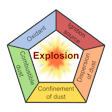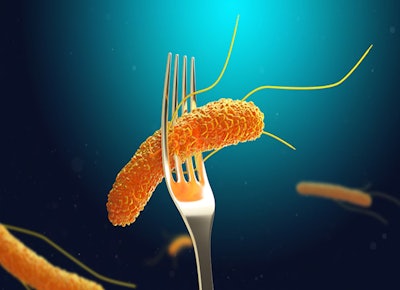
The Netflix film ‘Poisoned: The Dirty Truth about Your Food’ highlights some of the nation’s most high-profile foodborne illness outbreaks, challenging claims the U.S. has the safest food supply in the world.
Shot from the viewpoint of food safety lawyer Bill Marler’s quest for victims’ justice, the film documents the illnesses and tragic deaths caused by a 1992 E-coli contamination of Jack-in-the-Box ground beef, a 2010 recall of salmonella contaminated eggs and another salmonella outbreak linked to Arizona-grown lettuce in 2018.
Seeking to expose the pitfalls of our modern food system, like gaps in government agency jurisdictions and the power of lobbying groups at consumers’ expense, the film cites examples of unchecked restaurant negligence, ineffective safe handling reforms self-imposed by grower groups, and poor cattle feedlot wastewater management programs.
Fair criticism of any vital system in which lives are at stake is warranted, but interviews with Marler and other food safety critics throughout the film generalize food and agriculture workers as irresponsible and ill-intentioned. Making a case for overhauling food safety regulations, Marler said in a clip, “Sometimes the manufacturers of food don’t think of it as food. It becomes a commodity.”
For the U.S. feed industry, this couldn’t be farther from the truth. My discussions with feed producers nationwide paint a picture in which the health of animals and humans is core to their mission. They know their products have implications for consumers downstream and uphold the industry’s unofficial motto “Feeding the world” — acknowledging both the privilege and responsibility of providing food, ultimately, for people to eat.
I recently spoke with a feed and pet food manufacturer whose decision to convert some of their feed mills to antibiotic-free was rooted in safety. Providing alternative feed options for protein animal producers and pet-owning families requires extensive sanitation and testing procedures to produce products that are essentially fit for human consumption. They said one justification for the measures, among others, is that children have access to pet food, and so it’s important to ensure there are no health risks associated with accidentally ingesting their products.
Does this mindset convey a lack of concern over how feed and food producers’ actions impact American lives?
Our food supply chain is among the nation’s oldest, yet most complex, and while it’s not perfect (none is), it’s off-base to suggest the root of its issues is a complete disregard for animal and human health across the food chain. Through transparent information sharing and science-based regulations, we are all working together toward a shared goal to ensure the U.S. has the safest food supply in the world.







